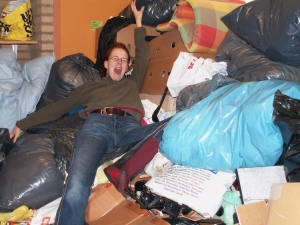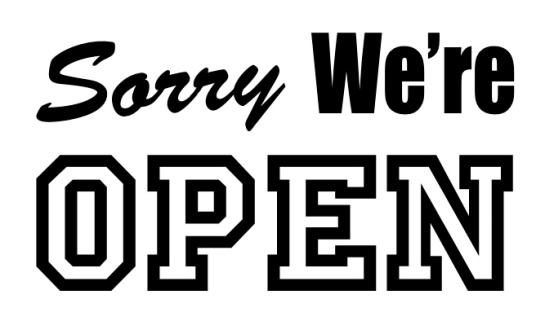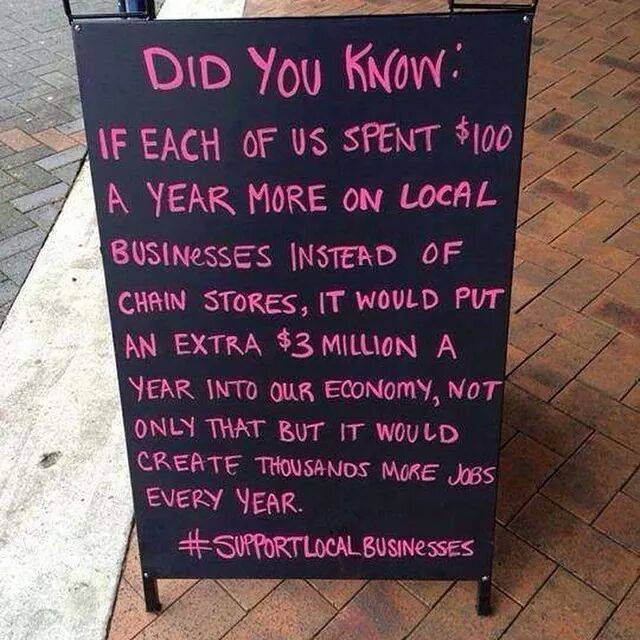English translation of Maranke’s blog as of Nov. 23, 2015
Abundance!
FreeStores, like the onces in europe assume an abundance philosophy. An essential characteristic is even that everyone is welcome to take and to give. So there is deliberately no distinction between material poorer and material richer people. Because recycling is better for the environment, and free stores are usually faced with large surpluses, there is certainly no reason to allow one group in, while not allowing the other.

Picture: The author of this blog amongst the abundance of FreeStore Amersfoort: bags with clean, useable clothes in one of the stockrooms.
Welcome because we are worthy to be
In the early days of our first Free Store there where people standing in line waiting for the store to open, some of them where holding papers with proof of their poorness…. with their backs bended forward deeply, they asked: can you help us, where poor and need some stuff for our childs bedroom… we replied with, you are most welcome, but please put those papers away and never bring them again, you are always welcome without any papers. I will probably not easily forget what I saw happening then, they straightened their backs and looked around with happy faces as if they where realising, oww we’re welcome because we are worthy to be. They found a bed for their child and a reading light, and then, a material richer person (he owned a car…) who had been browsing musicrecords all afternoon, offered them a ride home, with the bed!
So it’s also a pro diversity thing, contacts between people from very different backgrounds in the freestore are stimulated by letting everybody in to take and to give, this diversitypolicy is also associated with the abundance philosophy.
FreeStores also sprouted from abundance. In our city, where pioneers ran a centre for various socially relevant activities, there was a need of some furniture for the interior of the centre … a call to give us some excess furniture resulted in endless more furniture than we could ever use useful, so we decided to share this abundance … and do so in a cashless oasis called FreeShop.
A resounding success! In the beginning it was said, a shop where everything is free for everyone ?! That is not possible!!!! That’s not going to live more then a day! and ohhh if you do that, then I will film the opening day and see everything get fucked up! But that never happened is and the store celebrates 12.5 year anniversary next year!
Constant stress by lack-of-resources
Wonderful … and yet still there is plenty! And the rules remained the same. We still don’t distinquish between people, and if we ever feel a need to, it’s not the materially rich people we want to leave out (they also come in all shapes and sizes) but rather people who do not want others to have abundance, and I’m not talking about excesses, but want others to have a good life without constant ‘lack-of-resources-famine-stress”‘… People who say that it is bad to make a living doing good, or act accordingly, for example by finding that good things should be (almost) free, always, including labor! So people cannot pay their rent from doing good work all week (next to their work as volunteers). Or by finding it natural that people in that ‘good work’ structurally earn much less. Wanting abundance for yourself but not giving others the cheese on the bread. I-want-cheap / free-stuff can also be a ‘trashing the planet’ philosophy, as it causes trashing the planet for cheap materials and yes, also the exploitation of workers – to such an extreme extent that there is more slavery than the planet has ever known (see SlaveryFootprint.org). But rest assured, despite human tendencies to do so, this group will not even be excluded, and that is a probably good thing, as they may be able to learn a lot in a FreeStore.
Let the good things grow
It does make questions arise in my head, like how do we make good grow, if people are not “allowed” to make a living doing good?
Why do we keep allowing the creation of artificial! scarcity in our monatairy systems? Why should we struggle to pay our rent if in the real (physical) world if I see abbundance everywhere, lots and lots of stuff, lots and lots of food, and even lots of buildings….
How can we build on this abundance philosophy? We all, at least sometimes, have the human tendency to think in terms of scarcity don’t we? Which can be very useful, but maybe not in all situations?
If you should ever feel the need to judge (the price of) self-employed / sme enterprises to build a life in the ‘good sector’, for example providing advice, training and other services in exchange for a living wage (I’m not talking about greedy bad apples) then it might be useful to investigate where these thoughts come from … It’s one of the things I sometimes do to challenge the slave master in myself 🙂

How can we build on this abundance philosophy, ideas ?! Write it down in a reply to this message or send it to info@weggeefwinkels.nl.
Maranke Spoor,
November 23, 2015
About Maranke Spoor
Maranke Spoor has always been interested in justice and nature. She started gardening when she was a young child. Everywhere she lived, within no time an edible ornamental garden was blooming: on a balcony or roof, in a school garden or an allotment. Maranke was educated as a jurist, and worked as a law teacher until 2010. She is initiator of www.weggeefwinkels.nl (on FreeStores) en is a permaculture teacher since 2010. She gave a lot of courses on permaculture and food forests. Furthermore, since 2013 she is the director of the Stichting Permacultuur Onderwijs (Foundation for Permacultur Education), she translated and revised English permaculture books, together with her collaegue Lucas Brouns (Restoration Agriculture by Mark Shepard, and A Vegetable Gardener’s Guide to Permaculture by Christopher Shein & Julie Thompson) and she is the illustrator and author of the Dutch eboek ‘Permacultuur, Wat is dat!?’, which was published in June 2015.
You can also find Maranke on Facebook and Twitter @marankespoor
